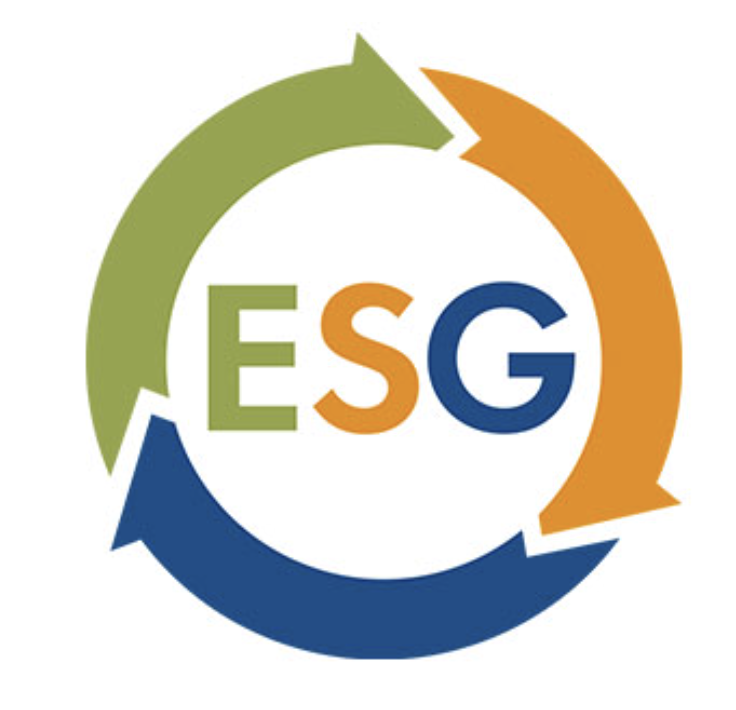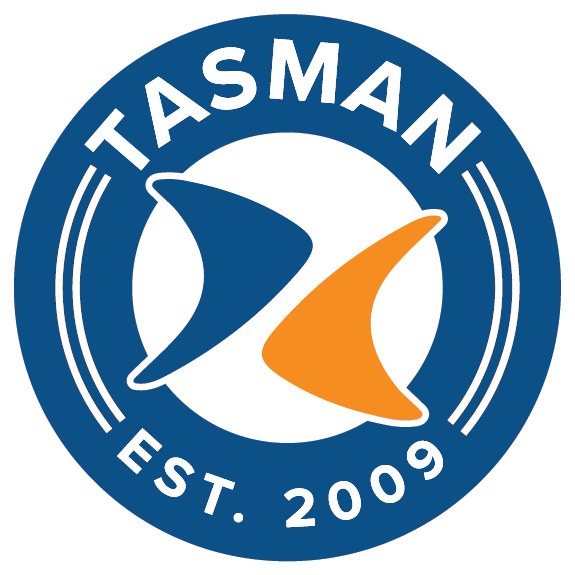sustainable solutions
At Tasman, we leverage our depth of experience, state-of-the-art data analytics, and innovative technologies to meet our clients’ ever-evolving demands in today’s dynamic world. The challenges of climate change, societal trends, and rapidly-developing technology and automation help shape and drive these efforts. Tasman’s sustainability mission aligns with our vision to provide sustainable and resilient project solutions under a system focused on health and safety, while maintaining social responsibility in our technical delivery and operations.

We focus on integrating sustainability through commitments that include:
Fostering a culture of sustainability that promotes prosperity, environmental benefit, and social value.
Researching and developing innovative approaches to our projects that enhance sustainability and performance.
Enabling experience sharing and driving a commitment with our subcontractors and vendors to focus on developing sustainable solutions in capital projects and daily operations.
Through our creative and forward-looking approach to the market, we strive to continually create value for our clients while focusing on reducing our impact to the environment and our partner communities.
Our diverse customer base includes some of the largest energy producing and residential property management companies in the world. Over the past several years, there has been increasing consumer- and societal-driven demand for companies to operate in a sustainable manner and we have observed our clients continuing to align their operating practices within the framework of ESG principles established by the World Economic Forum (WEF). To ensure Tasman is keeping pace in implementing the most sustainable solutions available while ensuring transparency, we are developing an operational framework that is based on industry-leading Environmental, Social, and Governance (ESG) standards. In support of our clients practices and our sustainability mission, we have developed green remediation solutions using solar power and in situ treatment options that minimize resource use and reduce emissions. We also rely on solar power to help power our corporate office.
Soil Mixing
Soil mixing is a physical blending process where impacted soil, contaminant, and reagent are mixed together using standard construction equipment such as an excavator. Soil mixing provides a remedial option with significant advantages over alternative treatment methods, specifically in terms of assuring consistent, measurable delivery of reagent to contaminated media. Tasman’s patented (No. 10,252,303) soil mixing process is a green remediation option that is beneficial to the environment. To date, Tasman’s soil mixing projects have helped to:
Eliminate upwards of 1.75 million pounds of carbon emissions
Reduce material disposal in landfills by roughly 256,000 Tons
Reduce truck disposal fuel consumption by 78,500 gallons
Eliminate 17,000 trips to the landfill
Eliminate upwards of 550,000 truck miles on the roads
Remote Power Generation
Many of our clients are utilizing generators to provide electricity to fossil fuel powered locations that have no option for grid-tied power. Tasman has initiated a sustainability program with our customers with a goal of converting half of these units to solar photovoltaic by 2025. Initial estimates indicate that this photovoltaic (PV) Power effort would collectively generate up to 2 megawatts of power and reduce greenhouse gas (GHG) emissions by 5 to 10 metric tons of carbon dioxide (CO2) per year.
Corporate Based Sustainability Efforts
Tasman’s headquarters building, located in Broomfield, Colorado, derives most of it’s electrical power from a 120-kilowatt hour (kWh) PV solar system that is installed on the roof of the office building and on overhead covers above 1/3 of the office parking spaces. The system provides approximately 80% of the total electrical load required to power the building and yields a total reduction of approximately 50 tons of GHG emissions per year.
Ready to find out more?
Request a quote or to get more information regarding our capabilities and qualifications.
